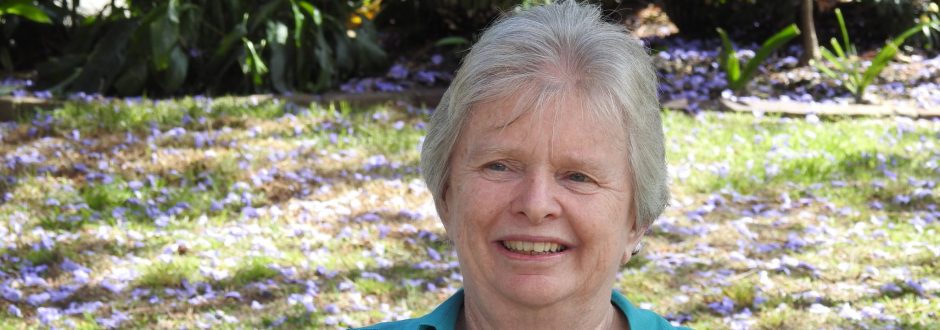What speech should be free, and what speech has no place in a civilised democratic society, asks Good Samaritan Sister Clare Condon.
BY Clare Condon SGS
It’s now over! Americans have voted and a new President will be installed in January 2017. Donald Trump was not the expected one. So is it all over, or are there more turbulent times ahead?
Millions of words have been written about this most divisive US presidential election campaign during the past 18 months. Why would anyone want to write another word? I cannot imagine another word of any consequence being written or spoken about this destructive and bitter campaign.
Yet something has been niggling at me, because here in Australia, we too are witnessing the rise of derogatory language in our media and public discourse which is often masked as “the right to free speech”. But I ask: what speech should be free, and what speech has no place in a civilised democratic society?
What do we make of the adversarial encounters, of personal vindictive attacks and counter-attacks that have been at the forefront of debates during the US presidential election? These attacks had no connection with policies or about leadership of the nation’s people.
What do we make of a similar push by some in Australian society who are arguing to place freedom of speech at the top of the national human rights agenda, especially by limiting the powers of section 18C of the Australian Racial Discrimination Act, 1975?
I wonder, where do we find basic rationality and agreed ethical standards of behaviour in democratically elected governments and their people? The USA regards itself as the cradle of democracy. Freedom of speech is a cherished value. Yet, we have witnessed numerous cracks, even mighty holes, in the manner of electioneering and campaigning by both major political parties. In our own national parliament we regularly hear name-calling and unfounded and uncontrolled personal and slanderous attacks on opposing sides of any debate.
As I was reflecting on this growing phenomenon in the public arena of both nations, I read an article by Benedictine Sister Joan Chittister, a prolific religious and social commentator in America. Writing in the National Catholic Reporter, she wrote about her own dismay about the electioneering in her country. She said:
“Chaos, name-calling, dark accusations and groundless exaggerations claimed the day… Data, plans, platform and decency had all left the field…
“The press followed name-calling, serial lying, outrageous behaviour, gutter talk, and fact-free exaggerations like a hound dog, tongues hanging out, rationality to the wind. Why?”
There seems to be one word that keeps coming to mind in this niggle that I have been feeling. Calumny. It’s an old-fashioned word. The Oxford Dictionary defines calumny as “the making of false and defamatory statements about someone in order to damage their reputation; slander”.
Calumny is not only a moral precept in the Christian tradition. It is also a strong moral imperative in other religious belief systems such as Judaism, Hinduism and Islam. The eighth commandment of the Jewish tradition states: “Thou shalt not bear false witness against thy neighbour” (Exodus 20:16).
It would seem that in the Western world at least, where religious belief has lost much of its credibility and influence, there is a moral vacuum when it comes to personal responsibility about what is accepted rhetoric about others. Anything can be said which might foster one’s popularity regardless of its impact on others and their reputation. To lie and to slander have no negative consequences. It seems to be accepted by broader society.
Secular social ethics and the emphasis on individualism and relativism seek only a legal framework to provide the parameters of acceptable behaviour, rather than looking to a personal moral code or a broader social narrative for human behaviour and action.
It seems that calumny is no longer regarded as an evil and as destructive of the fabric of society or individuals, or even of one’s neighbour. In fact, calumny is too-often praised and applauded if it allows someone to achieve their self-centred goals and aspirations.
If the eighth commandment of the Jewish and Christian traditions, and if the same values found in other faith traditions were more deeply embedded in our social consciousness, then perhaps calumny would be no more. Civil democratic societies might then have something to be proud of, and integrity might again prevail.
We seem to have a long way to go!
